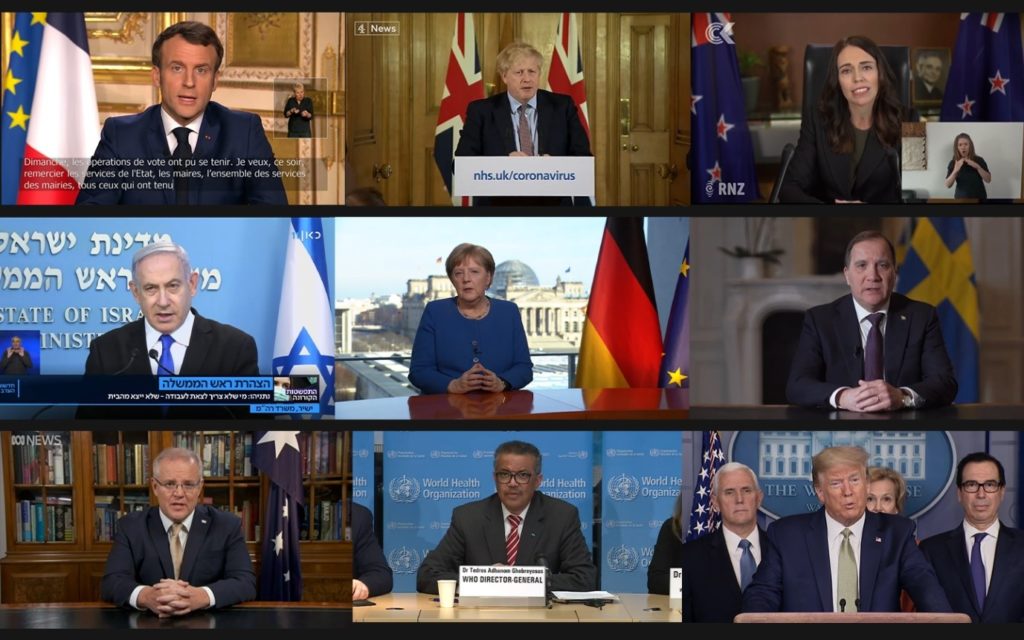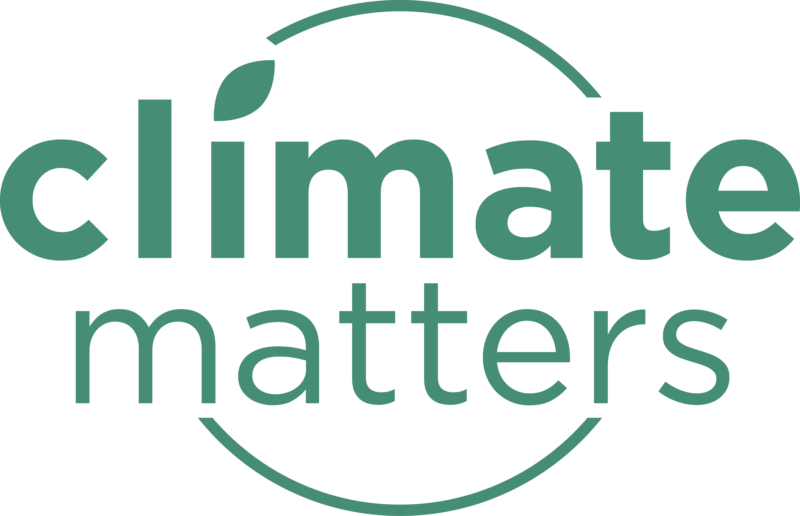Take a deep breath, and keep your mask on!

Impressions from watching Israeli television news during a crisis
2020 on Twitter – Was there a topic besides Covid19?
After the outstanding year 2019, attention for climate change on Twitter in the past year quickly dropped to the level from the years 2018 and before. The harsh decline directly coincides with the rising worldwide attention for the “new” Corona virus later named Covid19, which caused the global pandemic the world is still struggling with. […]
Overstimulated by the news: How to navigate through times of crisis

“Robert-Koch-Institute reports highest daily number of infections”, appears on the screen of my phone. The local newspaper lying on the kitchen table is titled with a similar headline, corona is issue number one in the evening TV-news, and my Instagram feed recommends a livestream of the government´s press conference.
Addressing the Nation: Pandemic!

How was the Covid-19 pandemic communicated by different leaders in their televised speeches and why does it matter? Six months have passed since nations of the world have locked-down against the spread of Covid-19. After its classification as a pandemic by the World Health Organization on 11 March 2020, leaders have addressed their nations to […]
Why we need airtravel for an accurate weather forecast

Flying is bad for the climate – this is an uncontested fact. However, air traffic is necessary for weather forecasts, as airplanes send live data to weather stations. COVID-19 has caused a massive decline in air travel, hereby affecting the quality of weather forecasts.
Climate and COVID: The structure of two crises

A common explanation for delayed mitigation action concerning the climate crisis cites the fact that the response of climate policies is only visible on a decadal timespan – thereby affecting neither quarterly profits nor parliamentary terms. COVID19 on the other hand only has a knowledge delay of up to 2 weeks, before infection events reveal […]
Is the Corona Crisis good or bad for the climate?
A few days ago, at the end of March, it snowed! Having never experienced snow this late in Hamburg and with the knowledge that 2019 was the second warmest year on record after 2016, my first thought was: this must be the direct cooling effect due to the COVID-19 induced industrial shutdown. I felt a […]
